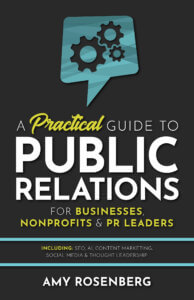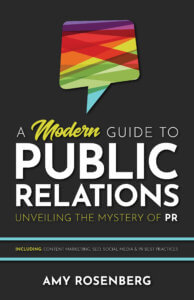![Kaia Sand: Street Roots [Podcast]](https://www.veracityagency.com/wp-content/uploads/Kaia-Sand-Street-Roots-PR-Talk.jpg)
Kaia Sand: Street Roots [Podcast]
Celebrating 20 Years of Street Roots with Executive Director Kaia Sand
Street Roots vendors are a Portland institution. You’ve probably passed by them at some point, maybe outside a New Seasons or Powell’s. These vendors tend to stand out because they are experiencing homelessness or extreme poverty, yet they partner with Street Roots to sell their papers. This partnership allows them to pocket much more than a profit, but also dignity in an honest day’s work and connection with their customers, who are people like you and me.
In this episode of the PR Talk Podcast, host Amy Rosenberg sets out to learn more about this important publication and how it can fit into a PR professional’s media plan during an interview with Street Roots executive director Kaia Sand.
A Social Justice Focus
Despite only being in her current position for a year, Kaia Sand has had a long relationship with Street Roots. Back when it was known as the Burnside Cadillac, Kaia worked as a staff reporter covering housing issues. She went on to write poetry (you can find her books at Powell’s), work as a community organizer, and teach in universities. She’s also worked in conjunction with the paper and its vendors on projects related to the ethnic history of Portland’s Old Town, now known as the Pearl. Today, she manages the organization’s day-to-day operations and its fundraising efforts.
Some community members have the mistaken impression that Street Roots is written by people experiencing homelessness. But that’s not the case. As Kaia explains it, the newspaper is staffed by a team of professional reporters. And while its coverage is certainly rooted in issues of housing and homelessness, Street Roots’ reporting has evolved to cover all types of social, economic, and environmental justice issues.
Providing Vendors a Hand Up
Every week, Street Roots publishes 10,000 print copies which are distributed throughout the city by its 180 vendors. In a relationship that’s common in the newspaper industry, vendors purchase papers from Street Roots and then sell them to their customers for a profit. What makes Street Roots unique is that its vendors are made up exclusively of people living on the margins.
The paper’s commitment to producing quality journalism on topics that are often ignored by other media outlets, along with a business model offering a lifeline to vulnerable citizens, has earned Street Roots a loyal readership around town. However, the paper’s readership is also growing throughout the state, due to its ongoing Housing Rural America series. Thanks to funding provided by a grant from the Meyer Memorial Trust’s Affordable Housing Initiative, Street Roots sends journalists outside the metro area to places like Ontario, Lincoln City, and Bend to explore housing issues from a rural perspective.
Reliant on Individual Donors
Street Roots operates as a nonprofit, and as such, relies heavily on the support of individual donors. Through the end of 2018, Street Roots will be featured in Willamette Week’s annual Give Guide, which highlights some of Portland’s most impactful nonprofits. You can also help support their mission by clicking the donate button on the Street Roots home page.
Plans are also in the works for a larger summer event recognizing the paper’s 20th anniversary. Kaia says she wants the event to celebrate Street Root’s longevity and its positive spirit of bringing housed and homeless people together.
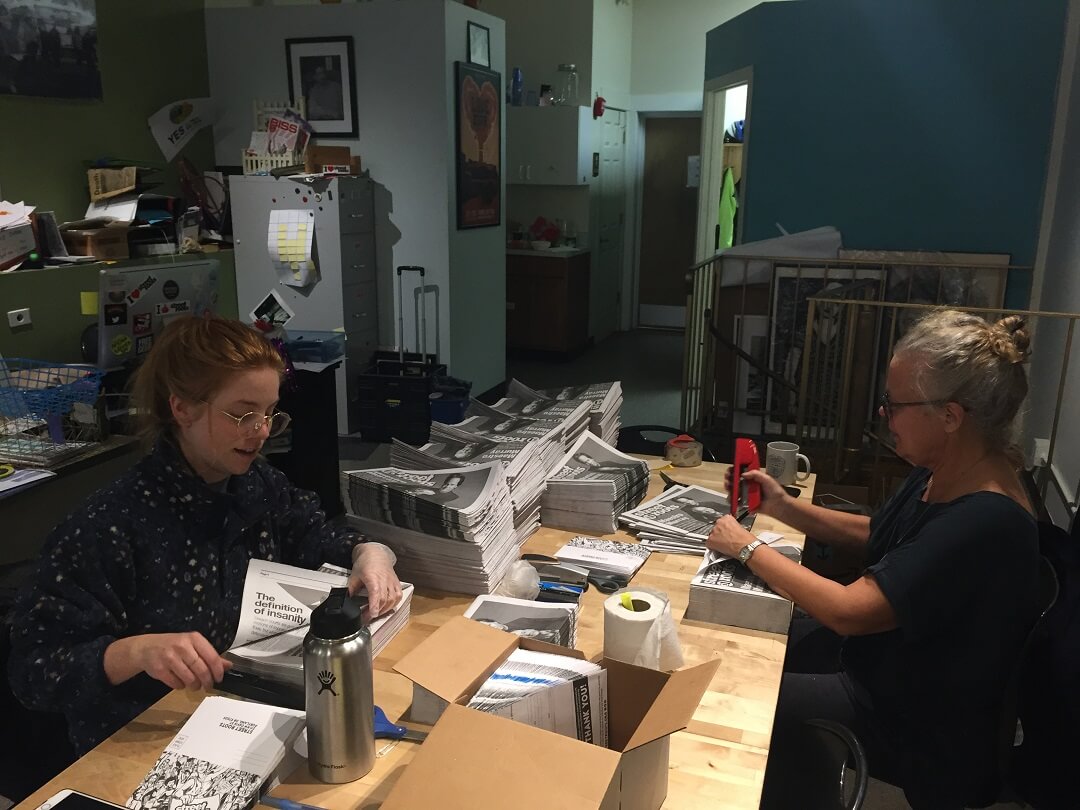
Street Roots volunteers work stuffing newspapers with donation envelopes
Is There a Place for PR?
While Street Roots is doing important work in the community, Amy wondered if its focused coverage leaves much room for the PR professional. Kaia explained that if PR pros are working on issues related to social, economic, or environmental justice, they’re encouraged to contact executive editor Joanne Zuhl. The paper also features extensive coverage on local culture, celebrity news, art, music, and entertainment. So smart PR pros should consider Street Roots as part of their media mix.
Subscribe to PR Talk
Kaia ended her interview with something of a rallying cry for the newspaper’s supporters, readers, and vendors.
“Just when you think that print might be dead, somehow we’re on the rise. There’s something really powerful about people meeting people in a public space and exchanging news. And we’re determined to keep that.”
To hear the entire interview, including a discussion of Portland’s ongoing housing and homeless crises, download this episode today. To hear future episodes, and to access the catalog of previous episodes, subscribe to PR Talk on Sticher, iTunes, or the Google Play store.
About the guest: Kaia Sand
Kaia Sand is the Executive Director of Street Roots. She has worked as a poet, artist, community organizer, and university professor. Beginning two decades ago as a volunteer, much of her work has focused on economic injustice and homelessness.
Connect and follow Kaia on social media:
This episode of PR Talk is brought to you by PRSA Oregon
Throughout Oregon and Southwest Washington, PRSA provides members with networking, mentorship, skill building and professional development opportunities – whether you are a new professional fresh out of college or a skilled expert with 20 years in the industry. Check out PRSAoregon.org for more information on how membership can help you grow and connect.
PR Talk is sponsored by monday
In such a fast-paced, multi-faceted work environment, it can be tough to stay on top of everything. monday is the collaboration tool trusted by businesses of all kinds to help cut down the clutter and streamline productivity. Learn more at monday.com and signup for a free trial. You’ll see in no time why so many teams around the world are choosing monday for their project management needs.
PR Talk listeners can use the coupon code BetterExecute for a 15% discount.

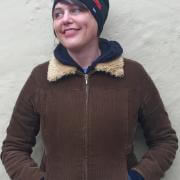
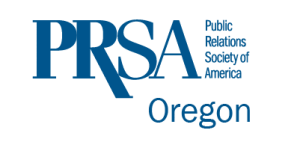

![High Profile Health Writer Sunny Sea Gold [Podcast]](https://www.veracityagency.com/wp-content/uploads/sunny2015-600x450.jpg)

![Bruce Williams: KGW Media Group [Podcast]](https://www.veracityagency.com/wp-content/uploads/PR-Talk-39-800x600.jpg)
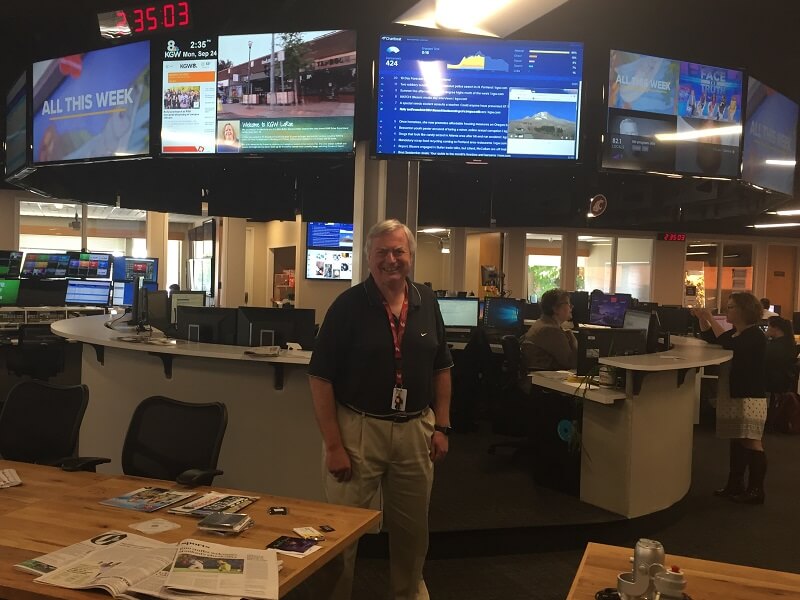

![Julie Gustafson: Pearl Magazine [Podcast]](https://www.veracityagency.com/wp-content/uploads/pearl-district.jpg)
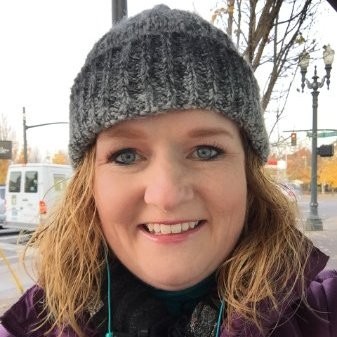
![Travel Portland’s Megan Conway [Podcast]](https://www.veracityagency.com/wp-content/uploads/Portland-Biketown-800x600.jpg)
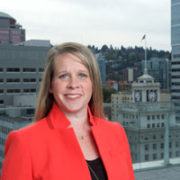
![Nigel Jaquiss: Willamette Week [Podcast]](https://www.veracityagency.com/wp-content/uploads/NigelJaquiss_MayaSettonWW.jpg)

